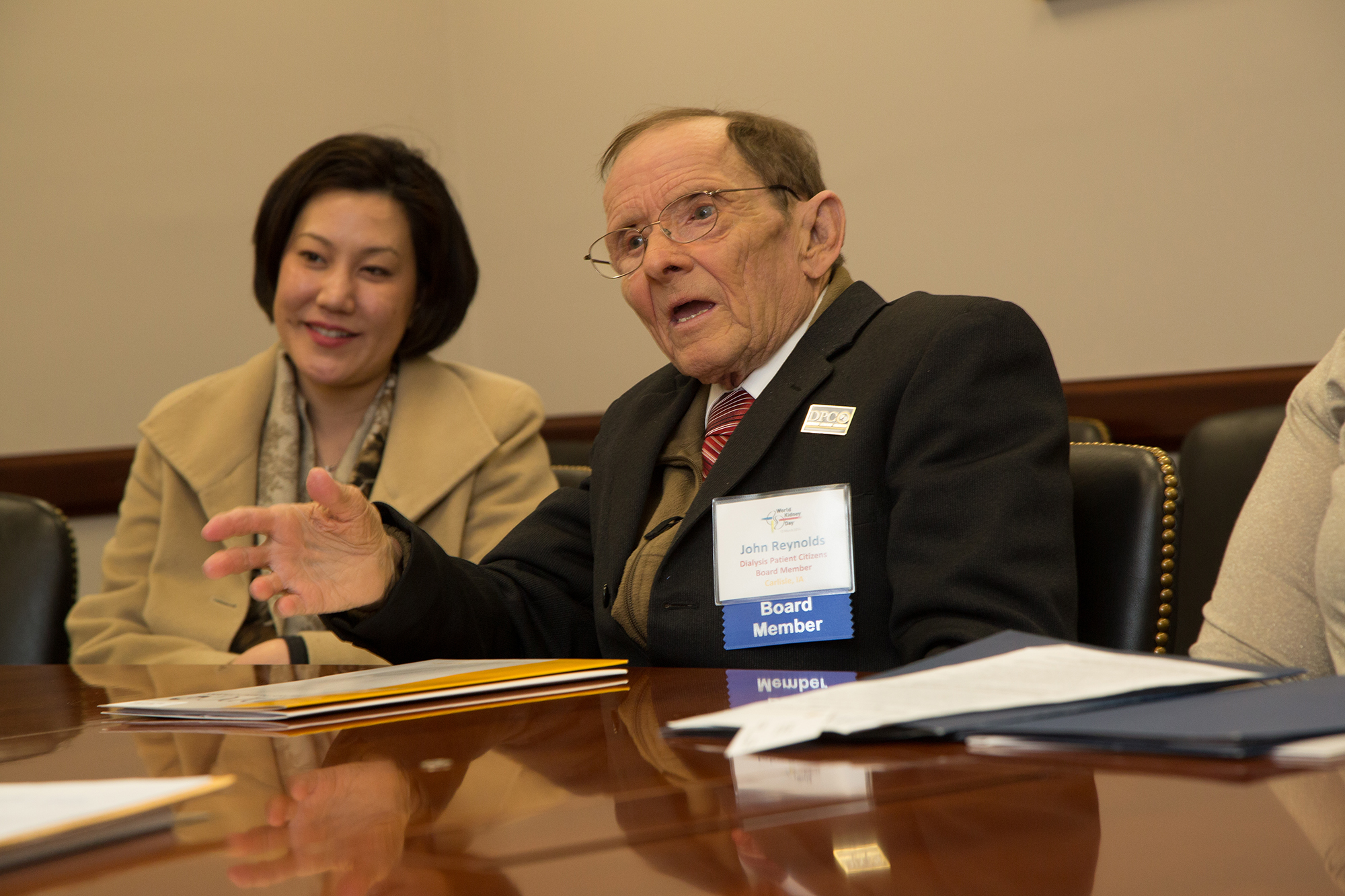New Research Highlights Need for Coordinated Care Legislation
Despite months of research and progress, it still seems like we learn something new about COVID-19 every day, ranging from how it affects patients with certain pre-existing conditions to new information on the long-term health risks the virus poses to those who contract it. Now, as more information continues to come to light, it is imperative that we use what we do know to help prepare doctors and patients for the challenges that may yet lie ahead. This is especially true for patients with chronic kidney disease (CKD). CKD patients are already considered high-risk patients for COVID-19, and now new [...]










